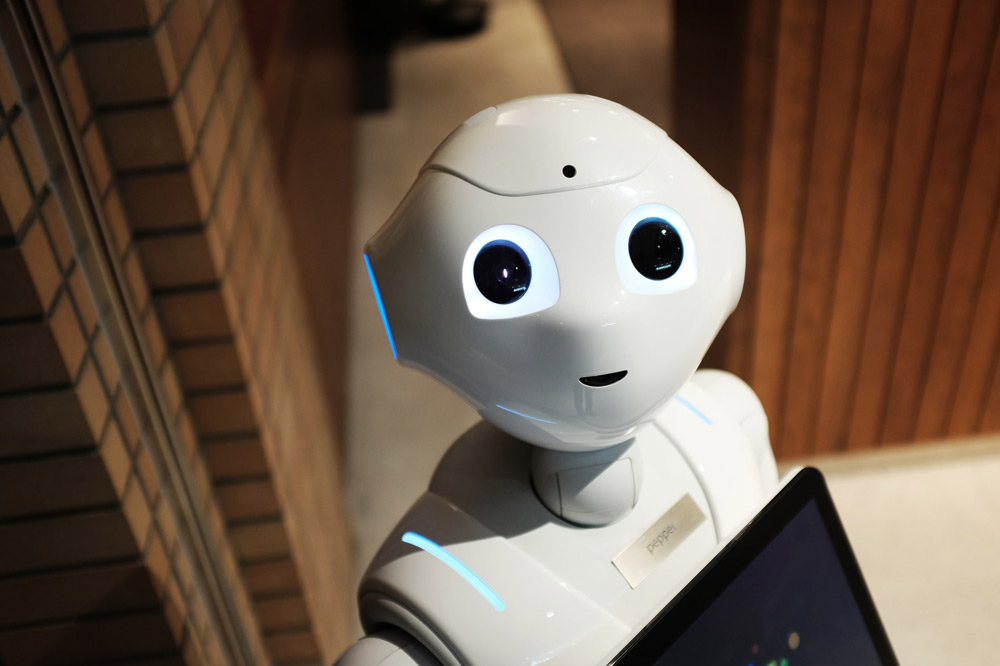The rise of artificial intelligence (AI) is not going to leave the senior living industry untouched. In fact, the global COVID-19 pandemic has accelerated our use of AI and technology greatly.
In senior living communities, the two have many benefits. One of the more stand-out ones is the fact that AI could make senior care more effective for residents. It can also benefit senior living communities and the staff in general. This article will explore some exciting impacts we can expect.
AI Technology In Senior Living
To narrow down what we mean by AI in this context, we are looking at computers, applications, or software that is capable of intelligent behavior. AI is capable of learning and problem-solving and adjusts its analysis and actions to accommodate its response.
1. AI Can Help Your Team Work Better
Technology and AI-powered platforms can cut down the number of hours that employees spend on paperwork and admin, and give them more time to spend with seniors. For example, digital assistants can be activated by voice and take notes to send to healthcare professionals or family members.
Another aspect is AI might help you pinpoint candidates to hire into your business; people who would be a great fit and add value to the community. Many Applicant Tracking Systems (ATS) have AI capabilities and can scan resumes for keywords, experience, and core skills. In some cases, they can gauge and weight how important those aspects are in relation to the job that’s on offer based on the number of years the person has had the skill or experience and how important you have made those for the role.
Expert Tip: Technology aside, your best bet at finding the right candidates for your business is with a Senior Living Recruiter such as Bradley Harris & Associates. Here’s why.

2. We’ll See An Improvement In Senior Health Outcomes
The power of AI’s ability to analyze huge amounts of data is impressive, to say the least. Technology that monitors health, such as heart monitors, can be paired with AI to explore the possible relationships between symptoms and serious health risks.
Finding symptoms that tend to go unnoticed, but are found to have relationships with larger health concerns, will benefit senior health. Activity levels, blood sugar, and heart rate can be explored to understand how they relate to health issues and existing data. This will help researchers better understand common conditions and diseases, which will make diagnoses easier.
This blend of AI and health outcomes will work to improve preventative health care, ease the diagnosis process, and assist in the development of treatment plans that receive better results. This will improve the overall quality of life in your senior community.
3. Personalized Monitoring To Improve Care
A monitoring based Artificial Intelligence platform has been developed to change how senior care is delivered. Six sensors work to predict and prevent negative health events. With four motion sensors, one bed sensor, and a depth sensor to monitor and measure a single resident’s movements and learn them over time, any changes that might indicate a negative health event are sent as alerts to caregivers.
The idea is to provide decision-support tools that work to reduce costs and decrease hospitalizations for senior care providers.
Another healthcare system being trialed on the market is trackers located in pendants worn by residents. In addition to tracking, the tracker has a means for residents to summon a member of staff when they need help.
4. Technology To Keep Loved Ones In Touch

One of the best technology benefits is it’s essential standing as a method of keeping friends and family in touch. With community-run mobile or web-based-applications, residents’ family members will easily be able to access information about the care of their loved ones and get updates on their health.
They will also be able to stay in close contact with each other using social technology. With technology streamlining employees’ lives, they will have more time to set up family video calls and run through the technical aspects of connecting seniors with their loved ones. This way, morale in the community can also be improved, especially given the pressure that has come about as a result of COVID-19 separating families.
An Exciting Opportunity For Senior Living Communities
The use of AI in the senior living industry can benefit all stakeholders. From streamlining the job of your employees to better health outcomes, personalized monitoring, and keeping families in contact, the advancements are set to improve the overall functioning of senior communities and the health of the residents.




